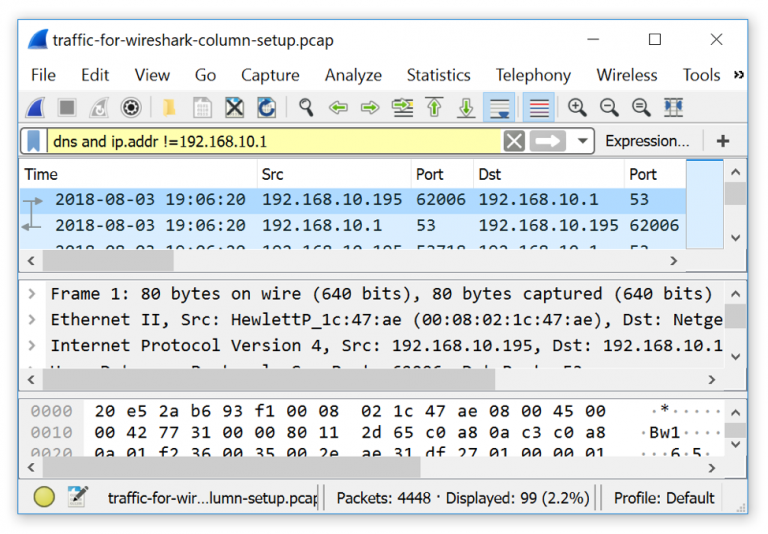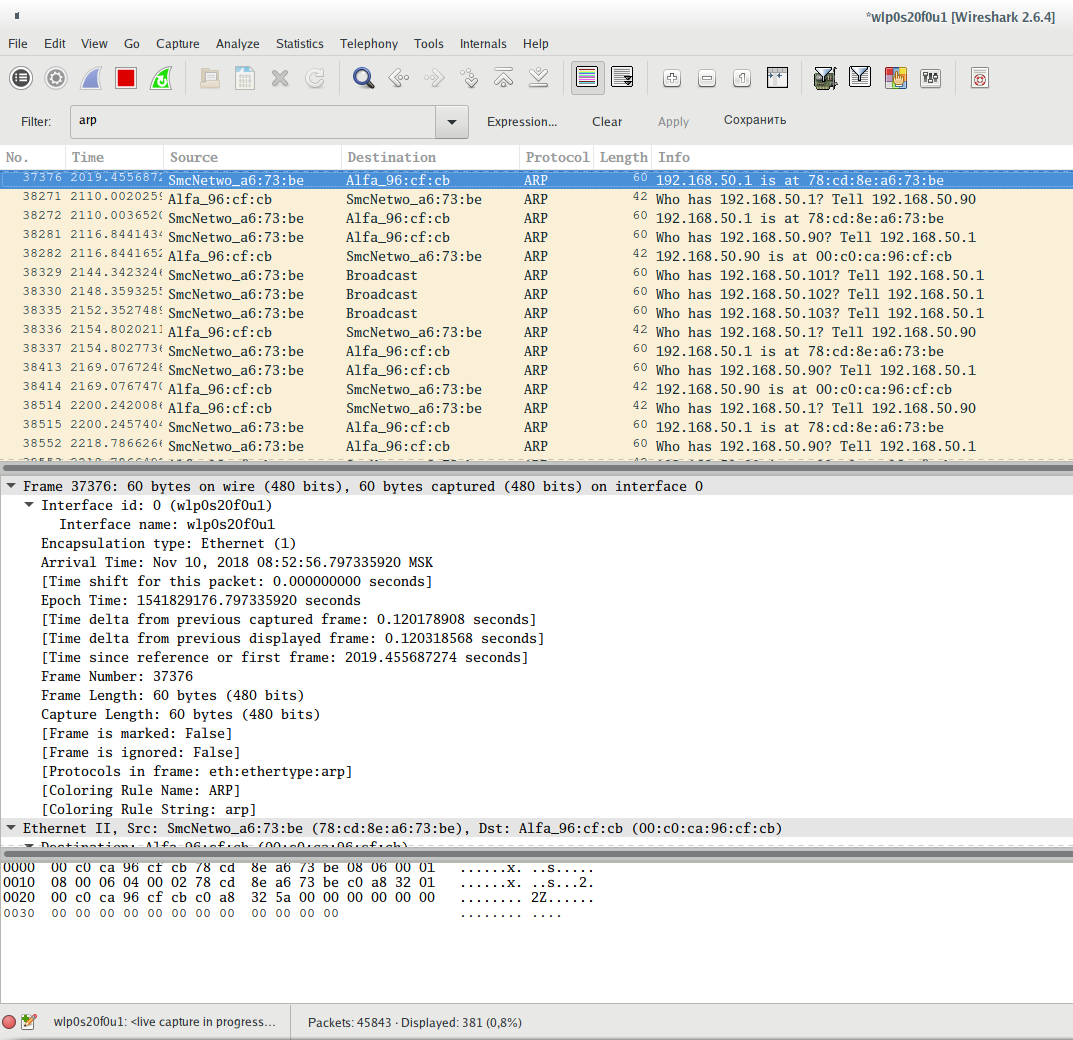

Wireshark Filter Operatorsįilters can have different values, for example, it can be a string, a hexadecimal format, or a number. Remember that in any case you can substitute your data, for example, change the port number to any one of your interest, and also do the same with the IP address, MAC address, time value, etc. Some filters are written here in a general form, and some are made as concrete examples. Here I consider the display filters that are entered in the main window of the program in the top field immediately below the menu and icons of the main functions. Remember that Wireshark has display filters and capture filters. Also here in the comments I suggest you share the running filters that you often use, as well as interesting finds – I will add them to this list.

For novice users, this can be a bit of a Wireshark filter reference, a starting point for exploring. I collected the most interesting and most frequently used Wireshark filters for me. And there is a lot of documentation on these filters, which is not so easy to understand. In Wireshark just a huge number of various filters. wireshark filter to assess the quality of a network connection.This displays all packets that where source or destination (or both) are non-ephemeral.Īt the root of all this is the concept of "opposite". You have the same problem (but this time Wireshark doesn't warn you). Now let's say you want the opposite - packets where *neither* port is ephemeral. It got me to thinking about other forms of inequality, like ">" or " 49152 You'll get way more packets than you wanted. In other words, instead of eliminating packets with either source or destination of 12000, it only eliminates packets with both source and destination of 12000. Which, doing a little boolean algebra is the same as: So if you want the opposite of tcp.port=12000, it seems logical to use tcp.port!=12000, thinking that it will eliminate all packets with either source or destination equal to 12000. Those expressions do an implicit "or"ing of the corresponding source and destination fields. The problem is related to "combined expressions", like eth.addr, ip.addr, tcp.port, and udp.port. Here's a direct link to the section " A Common Mistake with !=". My first thought: "There's a User's Guide?" My second: "Couldn't you give me a link to it?" "!=" may have unexpected results (See the User's Guide) Like when using the "!=" operator, a yellow warning flashes a few times saying: How is it that I haven't sung the praises of Wireshark in this blog? It's one of my favorite tools of all time! I can't get over how powerful it has become.


 0 kommentar(er)
0 kommentar(er)
